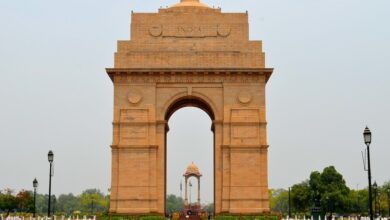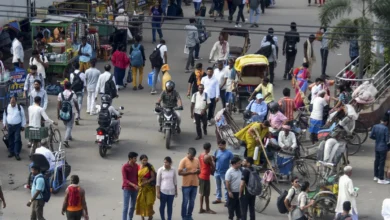Manmohan Singh: A Legacy of Economic Reforms and Statesmanship

Special to The Times Kuwait
Former Indian prime minister Dr. Manmohan Singh passed away on 26 December, at the age of 92. His funeral was held with full state honors, with leaders from around the world paying tributes to his remarkable life and achievements.
Manmohan Singh, born on 26 September,1932, in Gah, Punjab (now in Pakistan), was a distinguished economist, academic, and politician who served as the 13th Prime Minister of India from 2004 to 2014. He was the first Sikh to hold the office and is widely regarded as the architect of India’s economic reforms.
Manmohan Singh’s early life was marked by the partition of India in 1947, which led his family to migrate to India. He pursued his higher education at Punjab University, followed by a Bachelor’s degree from St. John’s College, Cambridge, and a DPhil in Economics from Nuffield College, Oxford. His academic excellence laid the foundation for his illustrious career.
Before entering politics, Singh had a distinguished career as an economist. He worked for the United Nations during the 1960s and held several key positions in the Government of India, including Chief Economic Advisor, Governor of the Reserve Bank of India, and head of the Planning Commission. His expertise in economics earned him a reputation as a brilliant policymaker.
Singh’s most significant contribution came as the Finance Minister under Prime Minister P.V. Narasimha Rao in 1991. At a time when India was facing a severe economic crisis, Singh introduced landmark economic reforms that liberalized the Indian economy. These reforms included deregulation, privatization, and opening up the economy to foreign investment. His efforts transformed India into one of the fastest-growing economies in the world.
In 2004, Singh became the Prime Minister of India, leading the United Progressive Alliance (UPA) government. His tenure was marked by significant achievements in economic growth, social welfare, and foreign policy. Key initiatives included the National Rural Employment Guarantee Act (NREGA), the Right to Information Act, and the Indo-US Nuclear Deal.
Despite facing challenges such as the global financial crisis and allegations of corruption within his administration, Singh’s leadership was characterized by his integrity, humility, and dedication to public service. He was re-elected in 2009, becoming the first Prime Minister since Jawaharlal Nehru to be re-elected after completing a full five-year term.
Manmohan Singh’s legacy as a reformist and statesman will continue to inspire future generations. His contributions as an economist, policymaker, and Prime Minister to India’s economic transformation and his commitment to inclusive development have left an indelible mark on the nation’s history.













